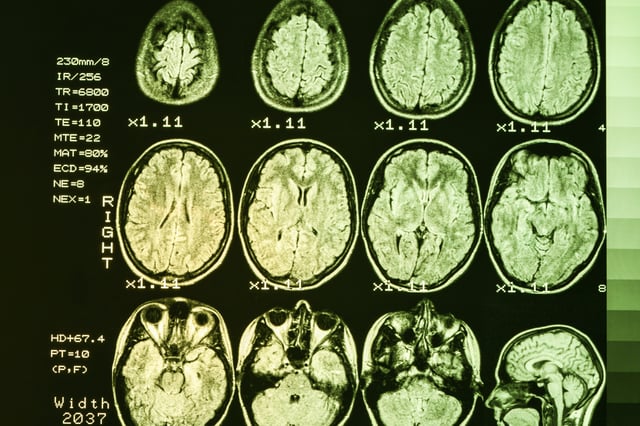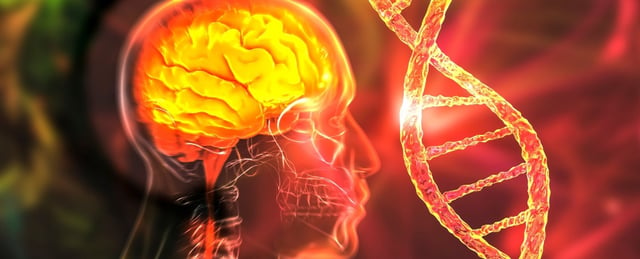Overview
- Topline results report that 12 high-dose recipients showed roughly 75% slower clinical decline over 36 months versus matched external controls in a 29-patient study.
- The company also cited a 60% slowing on a functional scale focused on independence for the high-dose group, with other movement and cognitive measures trending in favor of treatment.
- Cerebrospinal fluid levels of neurofilament light, a marker of neuronal injury, were lower than baseline or rose less than expected, supporting a biological treatment effect.
- AMT-130 is delivered once via an MRI-guided infusion into the caudate and putamen during a complex 12–20 hour surgery that uses an adeno-associated viral vector to silence mutant HTT.
- Investigators describe the safety profile as generally acceptable, yet the evidence remains preliminary, unreviewed, and based on external comparators, prompting calls for larger controlled trials.


